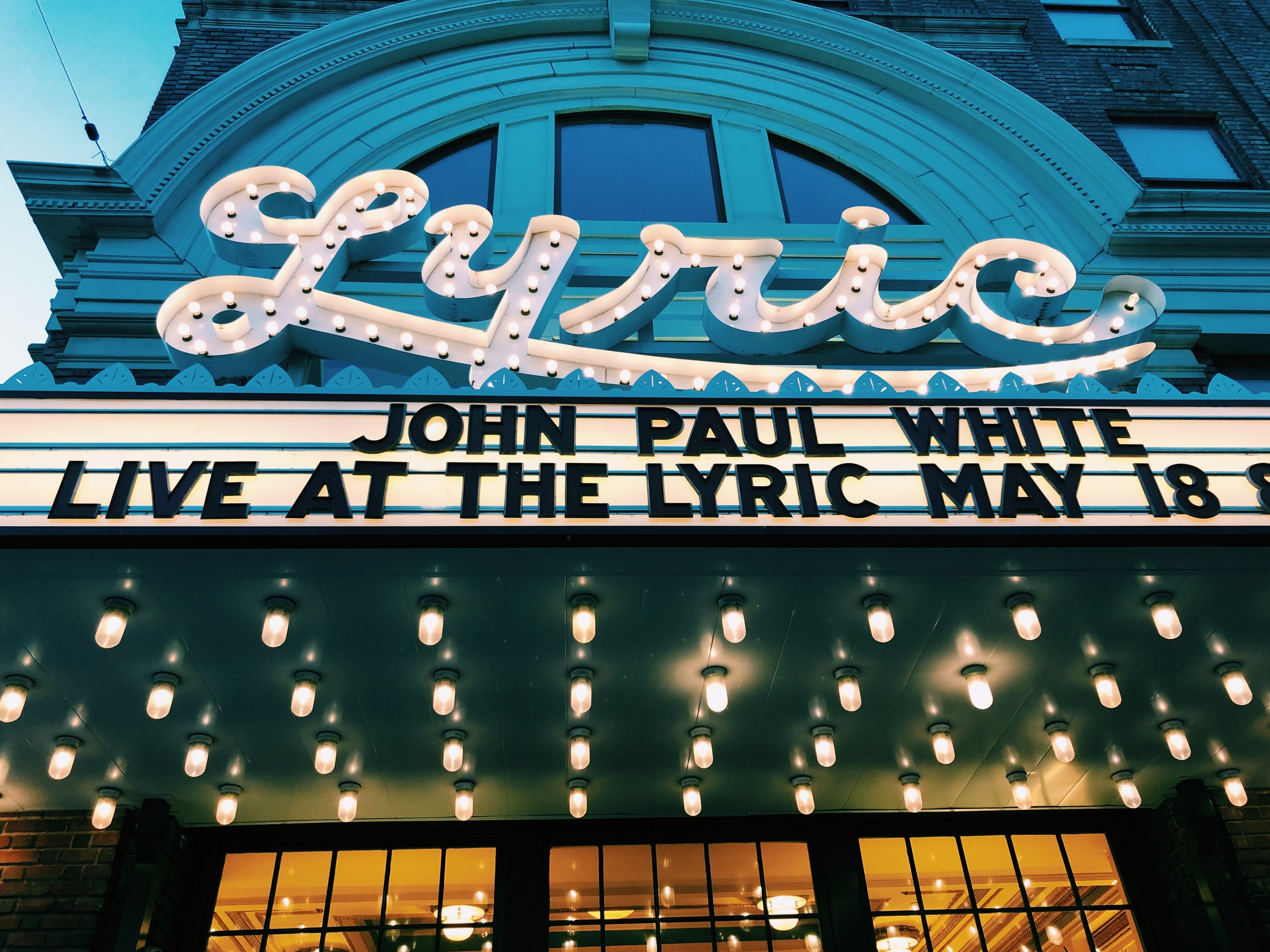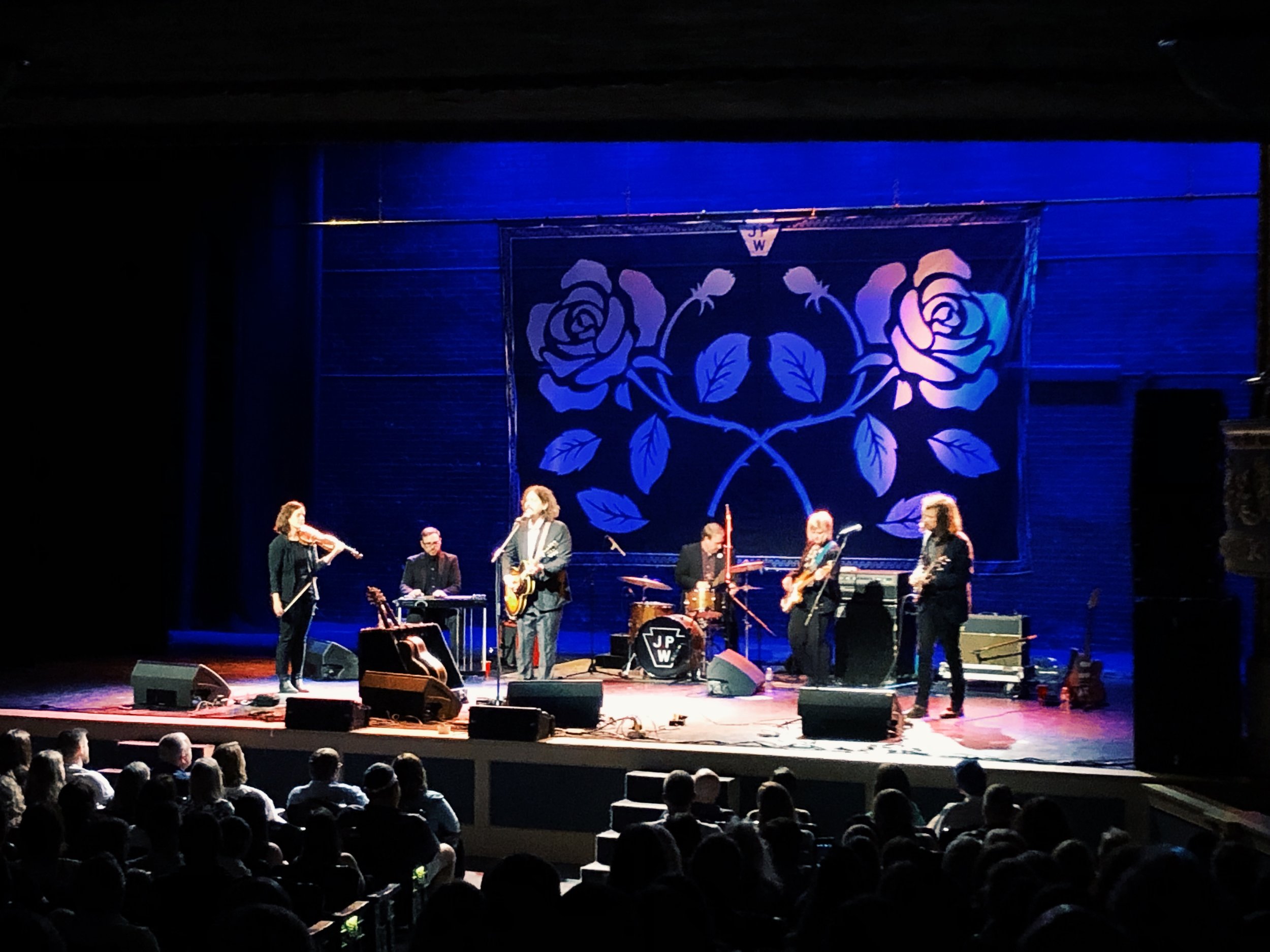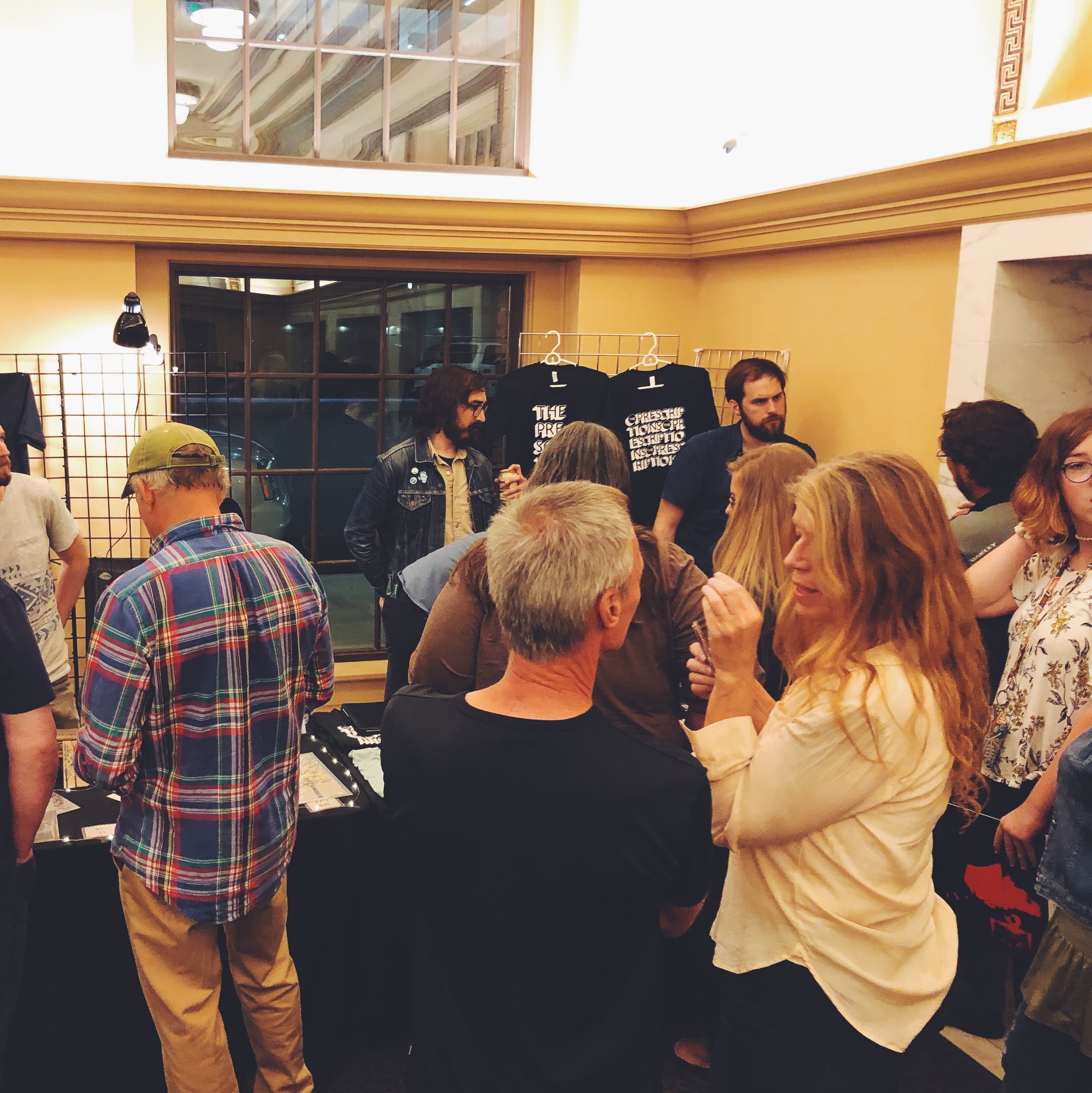Well helllooooooo, DOLLY!
Man oh MAN, has it been a while. My last post was shared sometime in…the fall?! Oy. That’s not a good look.
I’m comforting myself in the fact that the reason I’d taken a break was a good one: I was a miserable, first trimester pregnant person. The other big change in our house was that in September, Mac started pre-school (really, more of a “Mother’s Day Out”), and while that’s left me with 3 mornings a week to myself, it’s oddly thrown off my writing routine. For a while, I was using those mornings to come home and lie down on the couch to wallow in discomfort.
Are you sensing a theme? This pregnancy has been different!
If you’ve been hanging around this blog for a while, you know that my first pregnancy was a BREEZE (you can read more about that here and here!). The Lord saw fit to humble me this time, though, and so I spent the first trimester plagued with all the most cliched and unsavory symptoms, from bloating and lack of...regularity, shall we say?...to migraines, bad skin to nausea. And the mood swings. And the CRYING.
Poor.
Jordan.
But now, blessedly, we are out of those woods - actually, almost all the way to third trimester! So I thought it’d be fun to document a little of what has been going on.
How far along? I’m 26 weeks as of Sunday the 19th, due in late April!
Are you finding out the gender? We already know! But we’re keeping it to ourselves. :) We chose not to know with Mac, so we thought we’d have one of each kind of experience. It’s been so fun to have this little secret. We’ll share both gender and the name we’ve chosen when the baby is here!
That’s Jordan’s man thumb, not mine. Just needed to make that clear.
Total weight gain and body changes: Your girl has a LOT to say about this.
I’ve definitely 20+ pounds. I honestly have no idea. I don’t look at the scale at the doctor’s office because I don’t really believe in knowing unless there’s a problem.
My body is completely different this go-round. With Mac, I carried all my baby bump in the front. This baby is spreading out and taking up all the real estate possible, so my entire torso, both width-wise and front-to-back is full. Of. BABY. My legs are much bigger, my face is much fuller, and that definitely poses a threat to my confidence on some days.
HOWEVER,
I’ll tell you this: bodies are amazing things. Everyone is different, looks different, gains and loses weight at a different rate. It’s a tricky thing to talk about because it’s such a sensitive subject for women generally, since most of us already have self-image issues prior to carrying a human life. It’s especially interesting in this culture of the “postpartum snap-back,” which lifestyle bloggers seem endlessly fascinated with publicizing. And while I want to “You go, girl!” anyone’s self-confidence in posting photos of themselves in a crop top 11 weeks after giving birth, I also feel like it’s super important to talk about the fact that pregnancy is not a competition. It was not made for Instagram, it was made for procreation. There are lots of unglamorous parts of this ball game and the slower recovery many women have to feeling like themselves again. I was lucky to lose a lot of my baby weight breastfeeding, but I could be a completely different recovery this time around, and that’s okay!
Alllll of that to say,
I don’t hold any judgments about how much weight people gain during pregnancy, or how long it takes people to fit back into their pre-pregnancy pants. Ultimately, it doesn’t matter unless there’s a health concern. It’s nobody’s business but yours and your healthcare provider’s! Unless, of course, you want to put on a public blog how much you’ve gained. Like I clearly do. It’s not a contest. Live your life, eat your truth, gain your weight, or don’t. Whatever.
This is pure #secondchild-ness because this is a…lovely shot. I mean really. Just quality. And yet, it’s one of the only even semi-full-length photos from the last SEVEN MONTHS that I have!
Favorite moments of the pregnancy so far: Like I said, since we didn’t find out the gender with Mac, finding out and telling our families has been SO FUN. Getting Mac to understand that there’s a “little baby” in my belly as opposed to our “big boy” (him!) has been so sweet. I remember one specific moment when I was reading a book to Mac, who was sitting in my lap, and the new baby started kicking. So sweet! Although I will say - there’s not nearly as much time to document, enjoy, and rest when you have another child to chase after.
Food cravings: First trimester, it was anything beige. Truly. I would eat bagels, potatoes, cereal out of the box...that was all that sounded good and all I could stomach! Now I’m eating ANYTHING AND EVERYTHING, honey. I’ve never been a big meat-eater, so that’s still true, but if it’s in front of me? It won’t be for long.
How we told our families: This time around, my favorite thing has been how casual everything has been. Don’t get me wrong - I live for a “big moment” and a surprise - but telling Jordan, my parents, and his parents was so fun, and part of why it was fun is because it was so simple. That’s also why I waited until much later to share on Instagram or Facebook - it was fun to have a secret to ourselves, just telling the people in our very close circle of friends or people we see every day. The old-fashioned way!
Full disclosure: right after I found out, I experienced some feelings of grief. I felt a wave of sadness pass over me that my special time with just Mac was drawing to a close! That may seem unusual to read, but I wanted to share it just in case anyone else had experienced it. You’re not alone! Eventually, the more I talked about it and further along I got, I developed a lot of excitement. But it definitely took a few weeks to sink in because I love my boy and I had to do a little mourning of this “just the two of us” phase coming to a close.
Telling Jordan: I found out very unexpectedly, taking a “just to be safe” pregnancy test before I left for an all-girls trip to Chicago. I was shocked to discover that I was pregnant, which, as you can imagine, drastically changed the nature of that trip - ha! When Jordan got home that evening, he was walking around our backyard, dreaming up landscaping ideas. I told him he’d better make sure the fence was enclosed for Mac and his little brother or sister, who’d be arriving in the spring. He, like me, was dumbstruck, but SO happy.
Telling our parents: While I was in Chicago, Jordan’s parents came up to visit and help with Mac, so Jordan told them then! This is a cute clip (just the audio) of them finding out - I made him record the audio and send it to me.
A week after we found out, we went to Bend, Oregon with my family for our annual family vacation. We told my parents at their house (where we spent the night before the trip) - Mom asked if I wanted a cocktail and I said, “I’d better not, since I’m pregnant.” It is one of the great joys of my life to watch my mother be both caught off guard and overwhelmed with excitement. Parker and Emily got told in the airport, boarding a plane! Cazzzzzual. I have no documentation of any of that because…well, airport. And #secondchild.
All in all, it’s been a crazy experience. The hormones, the yucky first trimester, and chasing after a 2-year-old have definitely made it a different ride than last time and have given me massive empathy for women whose pregnancies are all unpleasant or even largely unpleasant. But second trimester has me feeling GREAT, and if this keeps up, I’ll be a happy camper trotting into the hospital in April!
Will probably share one more pre-birth update on the blog, just as a last gasp of this pregnancy. I didn’t really intend to write about it, but the more I thought about it, the more I loved having this platform to share. So why not?
Yahoo, baby number two!









